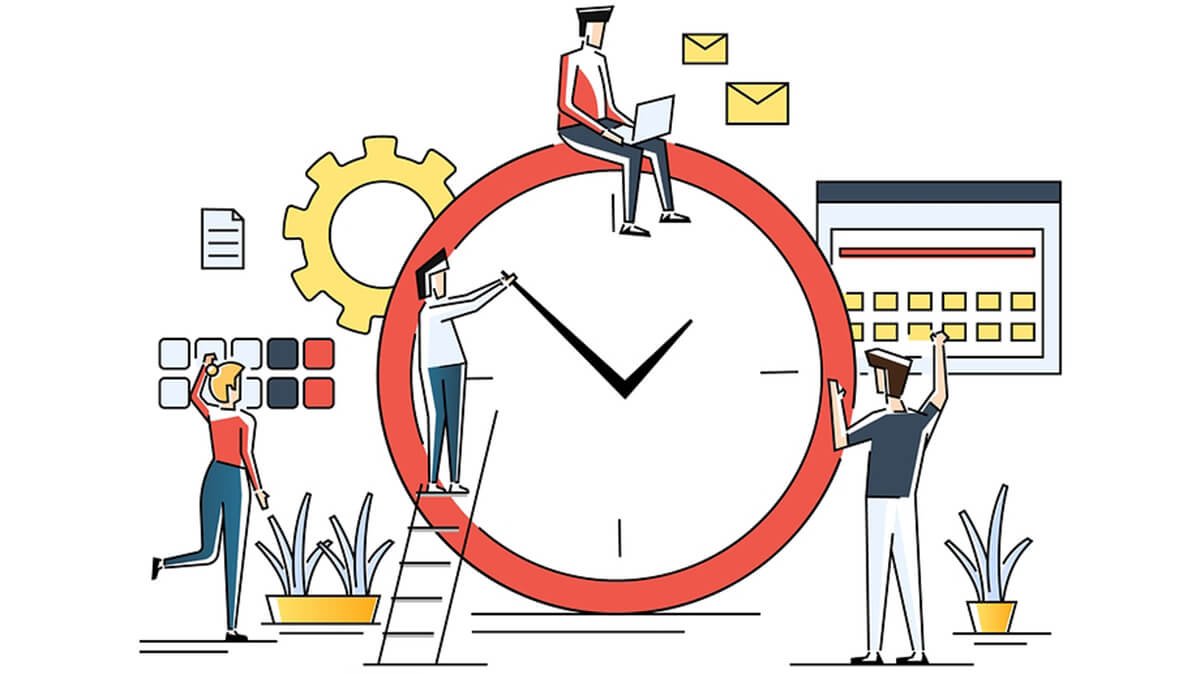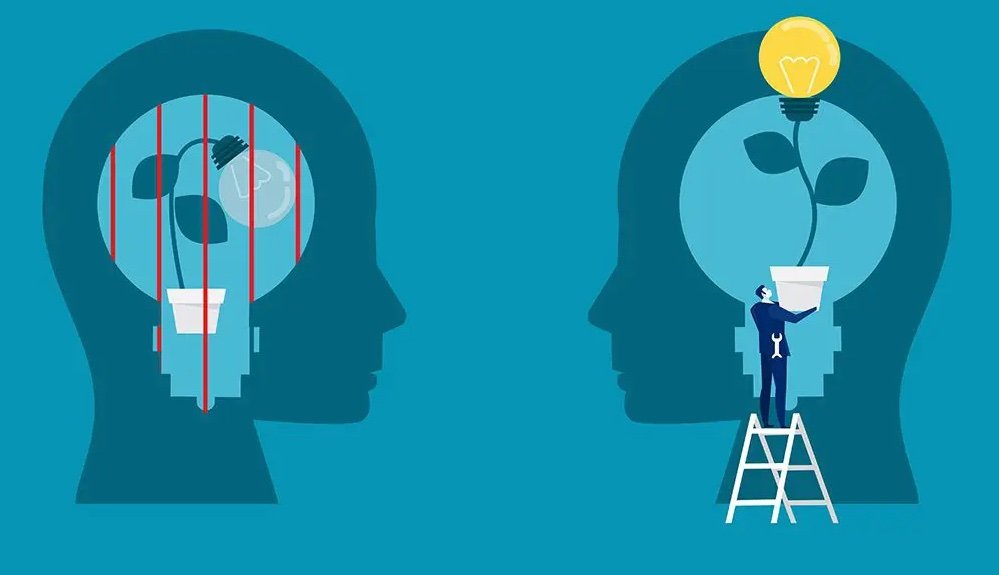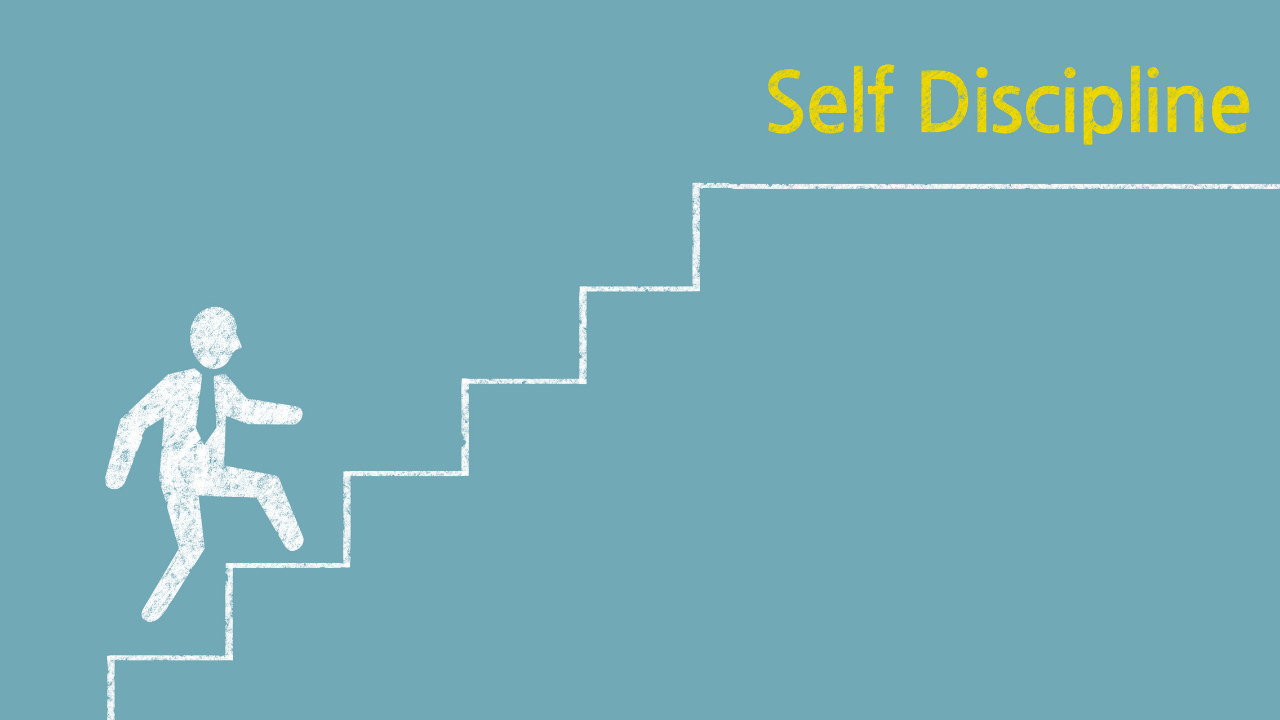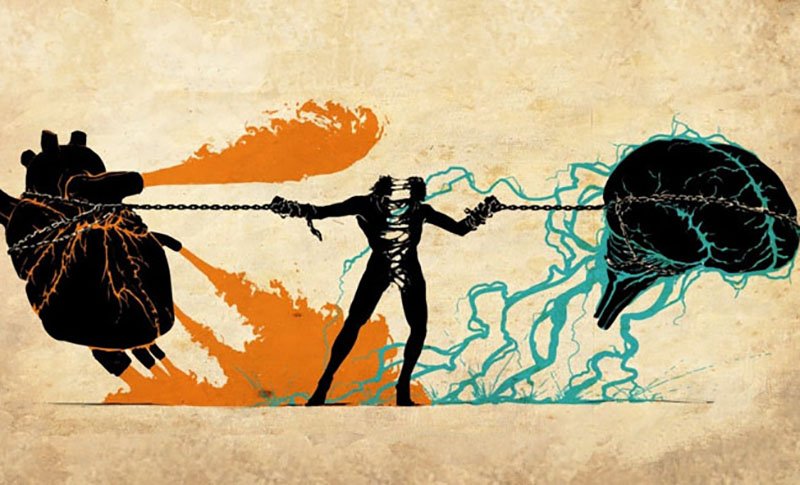Every time we interact with someone, we are either meeting or depriving them of their social needs. The language and behaviour we use can either be uplifting and motivational or it will cause them to shut down and withdraw. In 2008, David Rock concluded in his neuroscience research paper "SCARF: A Brain-Based Model for Collaborating with and Influencing Others." The SCARF model introduced us to five key domains that impact people's behaviour and emotional responses in social situations.
Status – our relative importance to others.
Certainty – our ability to predict the future.
Autonomy – our sense of control over events.
Relatedness – how safe we feel with others.
Fairness – how fair we perceive the exchanges between people to be.
According to the SCARF model, these factors are considered to be fundamental to human motivation and can greatly influence how individuals perceive and react to different situations. I think the specific measurement of the SCARF model may be challenging, even though it provides a framework for understanding the important aspects that influence human behaviour and motivation.





















